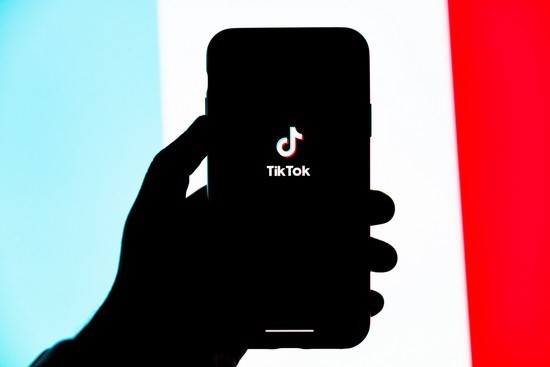There is a predictable trajectory for social
media apps. Many of them start out as helpful or even pure fun. But when they
get popular enough, just about every app becomes a place for consequential
discussions about politics and social issues, too. And with that comes both
meaningful conversations and a litany of nastiness.
اضافة اعلان
This reality has come for
TikTok. An app better
known for viral dance videos has become a significant source of political and
social misinformation, as my New York Times writer, Tiffany Hsu, detailed in a
recent article.

Ahead of Kenya’s recent presidential election, a
widely shared TikTok post showed an altered, violent image of one of the
candidates with a caption that described him as a murderer. (The post was
eventually removed.) Falsehoods about diets and school shootings easily spread
in the app, Tiffany reported, as have variations on the PizzaGate conspiracy.
And on the serious, even if not terrible side,
American politicians and their allies are embracing TikTok to spread their
campaign messages and promote policies such as the Child Tax Credit.
This may not be exactly what TikTok has in mind.
Executives have continued to describe TikTok as an entertainment app. And sure,
most people use TikTok, Facebook, Pinterest, Nextdoor, YouTube, and Twitch in
fun, productive and informative ways.
It’s the life cycle of a user-generated content platform that once it reaches a critical mass, it runs into content moderation problems.
But it is inevitable that apps must plan for what
will go wrong when online conversations eventually encompass the full scope of
human interest. That will include political information and social activist
movements, as well as nasty insults and even incitements to violence and
hawking of bogus products for financial gain.
“It’s the life cycle of a user-generated content
platform that once it reaches a critical mass, it runs into content moderation
problems,” said Evelyn Douek, an assistant professor at Stanford Law School
whose research focuses on online speech.
The tricky part, of course, is how to manage apps
that evolve from “We’re just for fun!” to “We take our responsibility
seriously.”
Pinterest is best known for pretty posts for wedding
planning or meal inspiration, but it also has policies to weed out false
information about vaccines and steers people to reliable sources when they
search for terms related to self-harm. Roblox is a silly virtual world, but it
also takes precautions — such as exhorting people to “be kind” — in case
children and young adults want to use the app to do harmful things such as
bullying someone.

TikTok knows that
people use the app to discuss politics and social movements, and with that
comes the potential risks. On Wednesday, TikTok laid out its plans to protect
the 2022 US elections from harmful propaganda and unsubstantiated rumors.
Whether TikTok is more or less effective at managing
humans than Facebook or YouTube is open to debate. So is the question of whether
Americans should feel comfortable with an app owned by a Chinese company
influencing people’s conversations.
To put it frankly, it stinks that all apps must plan
for the worst of the human condition. Why should Twitch not just be a place to
enjoy watching people play video games, without fans abusing the app to stalk
its stars? Why can neighbors not coordinate school bus pickups in Nextdoor
without the site also harboring racial profiling or vigilantism? Can TikTok not
just be for fun?
TikTok knows that people use the app to discuss politics and social movements, and with that comes the potential risks.
Sorry, no. Mixing
people with computerized systems that shine attention on the most compelling
material will amplify our best and our worst.
I asked Douek how we should think about the
existence of rumors and falsehoods online. We know that we do not believe every
ridiculous thing we hear or see, whether it’s in an app or in conversations at
our favorite lunch spot. And it can feel exhausting and self-defeating to cry
foul at every manipulated video or election lie online. It’s also
counterproductive to feel so unsure about what to believe that we don’t trust
anything. Some days it all feels awful.
Douek talked me out of that fatalism and focused on
the necessity of a harm reduction plan for digital life. That doesn’t mean our
only choices are either every single app becoming full of garbage or
Chinese-style government control of internet content. There are more than two
options.
“As long as there have been rules, people have been breaking
them. But that doesn’t mean platforms shouldn’t try to mitigate the harm their
services contribute to and try to create a healthier, rather than unhealthier,
public sphere,” Douek said.
Read more Technology
Jordan News




